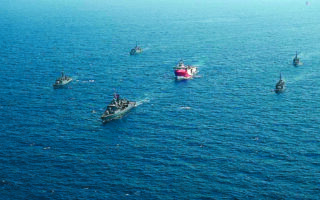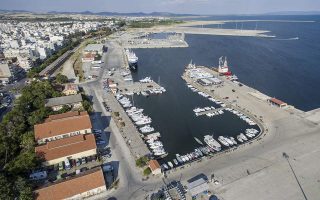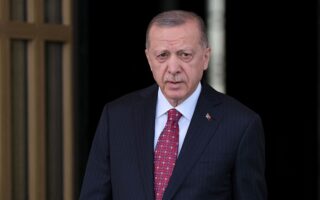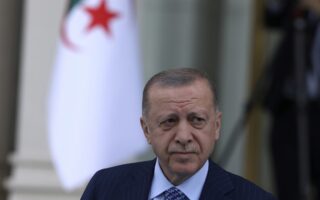What are Ankara’s goals?
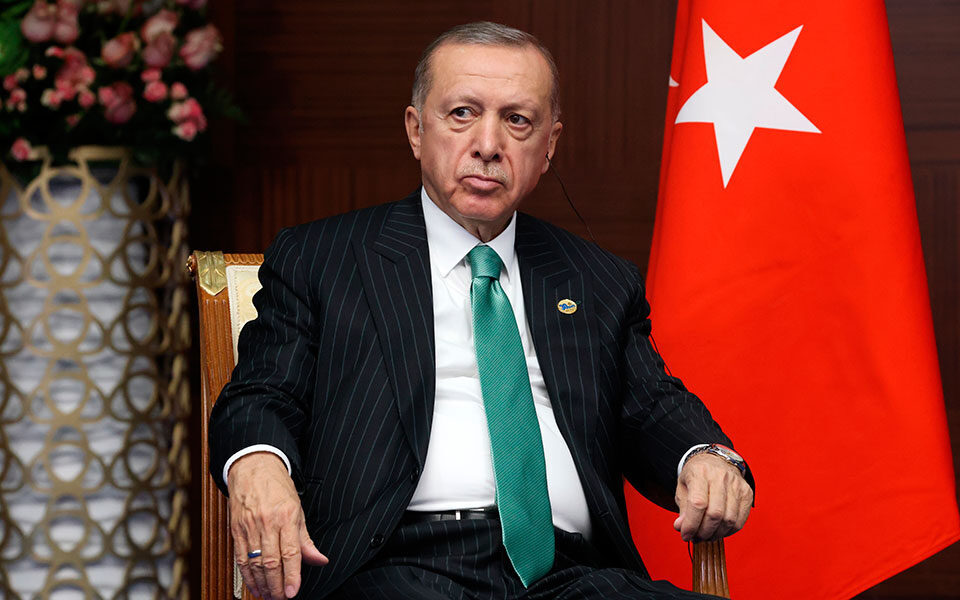
The question of whether the Turks will actually go ahead and carry out some kind of action against Greece is increasingly on people’s lips – little surprise given the constant and escalating threats from Ankara. No one can answer the question with any certainty, however. What we can speculate more safely on is what Turkey may be hoping to accomplish.
The first goal would be to force Greece to pull the trigger first. It will continue pushing, with more and more unauthorized overflights above Greek islands and islets, or with some advanced seismic surveys near Crete. The Turks estimate that domestic pressure will mount, forcing some kind of reaction from Athens – and especially as we get into full pre-election mode. They believe that whoever pulls the trigger first will lose the blame game.
The second goal would be to drag Greece into a no-holds-barred, across-the-board dialogue. In the meantime, though, Turkey has upped the ante and now claims that the islands which, according to Ankara, should be demilitarized, should also be excluded from any negotiations about taking recourse to the International Court of Justice to settle our differences. The presence of the military, it claims, annuls Greek sovereignty and, therefore, the islands cannot be included when it comes to delineating maritime boundaries and the continental shelf. This is a massive new claim that comes on top of the so-called “grey zones” that entered the discussion after the 1996 Imia crisis.
Ankara must know that no Greek political leader will agree to enter into a dialogue on those terms. Sure, there may still be some incurable optimists or innocents, even, who think we have no reason to say no, but they are dwindling in the face of Turkey’s stance in every contact with the Greek side.
The third goal would be to blame Greece if it rejects a Turkish proposal for talks. They will make sure that such a proposal sounds good to well-wishers and non-allies, allowing the Turks to take a dig at Greece: “Why shouldn’t we talk about everything? Put everything on the table,” they will innocently ask.
So, Turkey is exerting pressure to provoke an incident that it can blame on Greece, to start a discussion without terms and to make Greece appear intransigent. How can Athens respond to all this? By mobilizing all of its forces of communication and keeping the international community informed. This is something we are seriously failing at, no matter how easy Turkish President Recep Tayyip Erdogan makes it for us with his statements. We also need to continue bolstering our defense system, though this is something that takes time.
We can also respond with conversation and dialogue – not over the crux of the matter, but for anything else. We should not be afraid of talking, not on the diplomatic or military level.
Last but not least, we need a national consensus. Prime Minister Kyriakos Mitsotakis, opposition leader Alexis Tsipras and others can continue arguing about whether a drone should be shot down, but behind closed doors they need to come to an agreement about how far they will push the various issues and what is a mutually acceptable response from the country. This is, perhaps, the most important thing we need to accomplish – on the condition that it stays behind closed doors.


